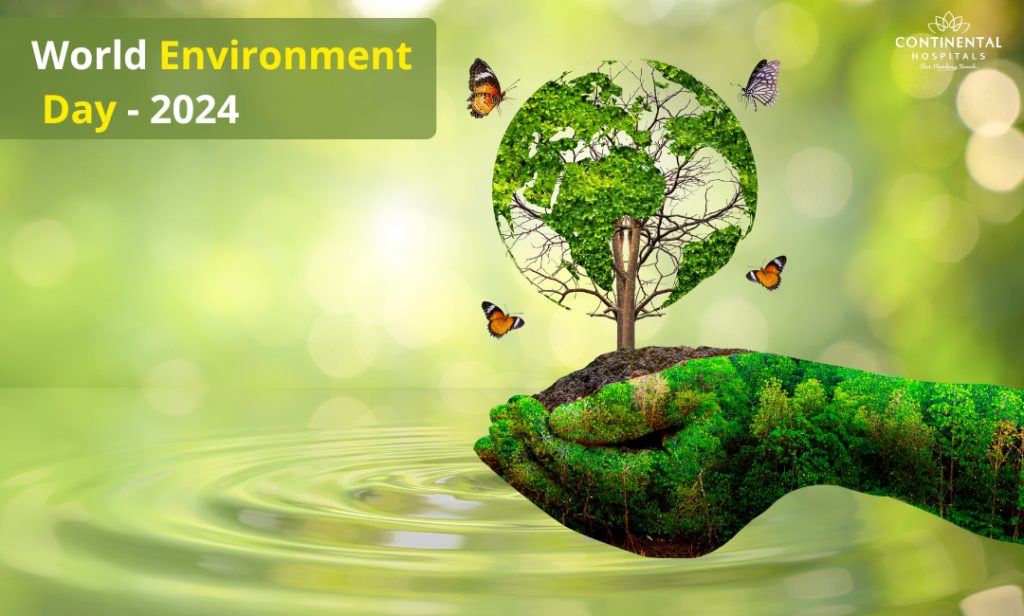World Environment Day, which falls on 5 June every year, is the United Nations flagship day for encouraging global awareness and action to protect the environment.
The theme of World Environment Day 2024 is ‘Land Restoration, Desertification and Drought Resilience‘.
This year’s slogan is “Our Land, Our Future.” We are #GenerationRestoration.
Our Land, Our Future
Land sustains life on Earth. Farmlands, forests, grasslands, savannahs, peatlands and even
mountains provide humanity with the goods and services that make civilization possible.
Those landscapes are underpinned by aquatic ecosystems, such as oceans, rivers and
lakes, which sustain the water cycles that keep land fertile.
But the world’s ecosystems are under threat. Unsustainable patterns of production
and consumption are driving the triple planetary crisis of climate change, nature and
biodiversity loss, and pollution and waste. More than one-fifth of the Earth’s land area,
some 2 billion hectares, is degraded.
If land degradation remains unchecked it could reduce global food productivity by 12 per
cent, causing food prices to soar by up to 30 per cent by 2040.
By joining forces, governments, businesses, civil society and individuals can give nature a helping
hand and forge a more sustainable world for generations to come.
Here are some of the ways we can all become #GenerationRestoration.
Individuals can:
Shop for sustainable and locally produced food products and beverages
Use purchasing power to support only brands that sustainably source materials
Include more soil-friendly foods in our diet, such as lentils, beans and chickpeas
10 million tonnes of food goes to waste in the UK every year. That’s as weighty as about 790,000 double-decker buses. More than 50% of our waste gets sent to landfill or burnt in incinerators. Both release planet-warming gases into the atmosphere. It’s much better to recycle and compost. Discover easy tricks and recipes for making the most of your food with the experts at Love Food Hate Waste . Here are some tips to help you reduce your food waste.
Collect kitchen waste to use as compost in gardens or balconies or contribute to
composting schemes
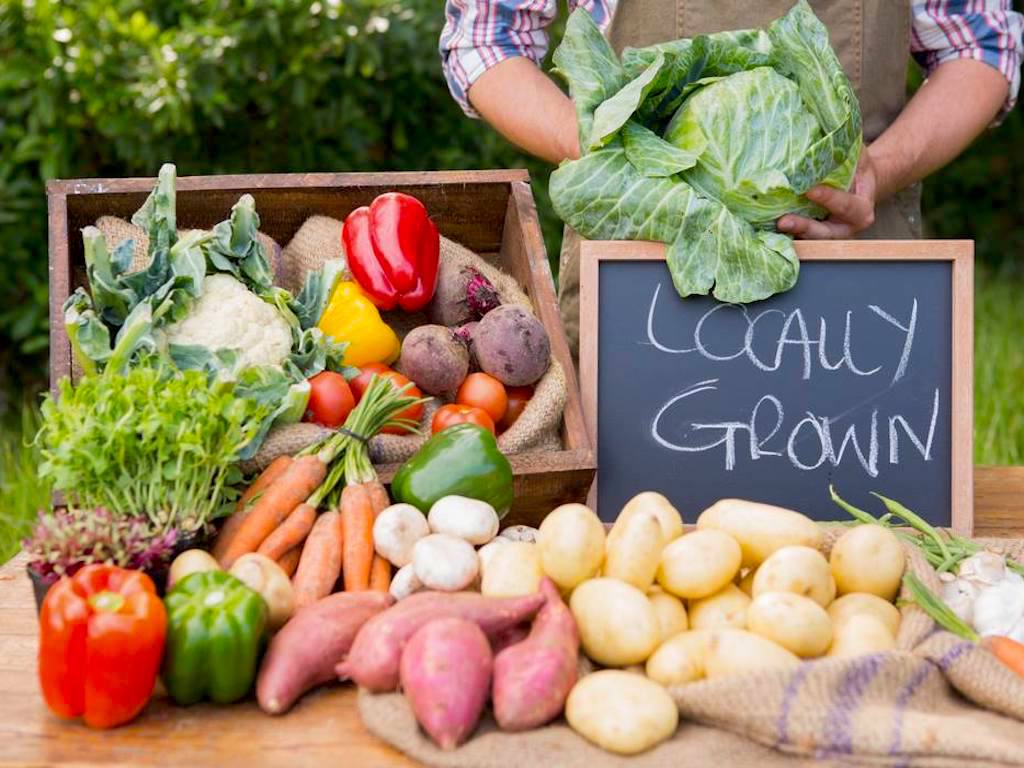

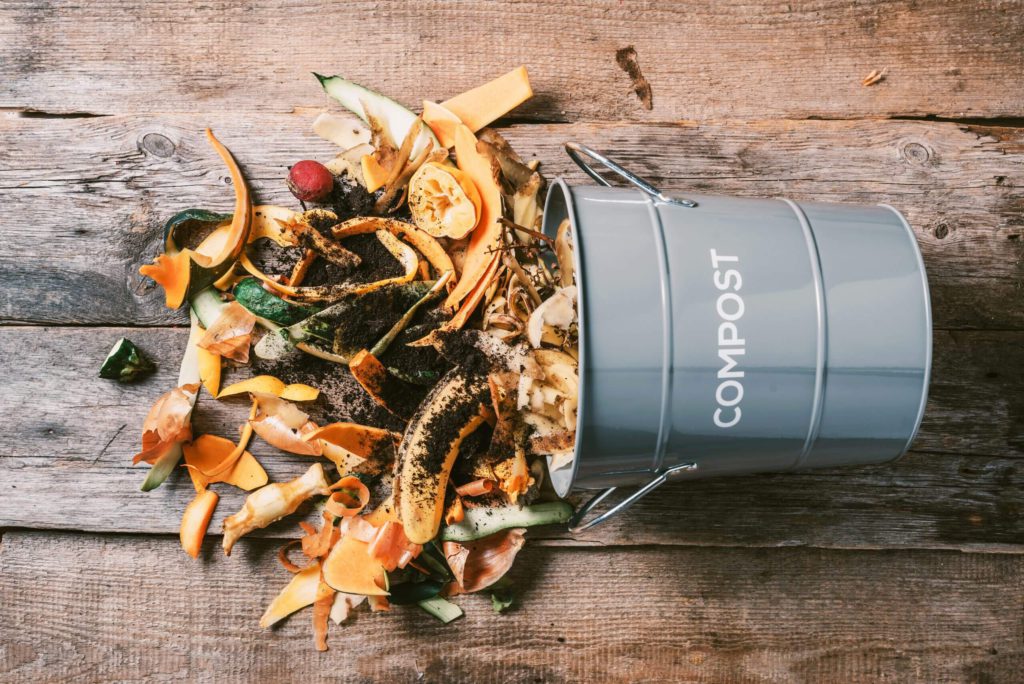

Bringing nature back to our cities
Cities are home to more than half of the world’s people and their environmental
impact is profound. They account for 75 per cent of global resource use, produce
more than half of global waste and generate at least 60 per cent of greenhouse gas
emissions.
As cities grow, they transform the natural world around them such as forests,
wetlands, farmlands and waterways potentially leading to droughts and land
degradation. And while cities are often referred to as concrete jungles, that does
not have to be the case.
Growing trees alongside streets can lower the maximum temperature in cities by up to 5 degrees Celsius.
Individuals can:
Plant greenery and trees on balconies, rooftops and gardens in urban areas
Volunteer time and labour and contribute to the rehabilitation of degraded
landscapes and ecosystems
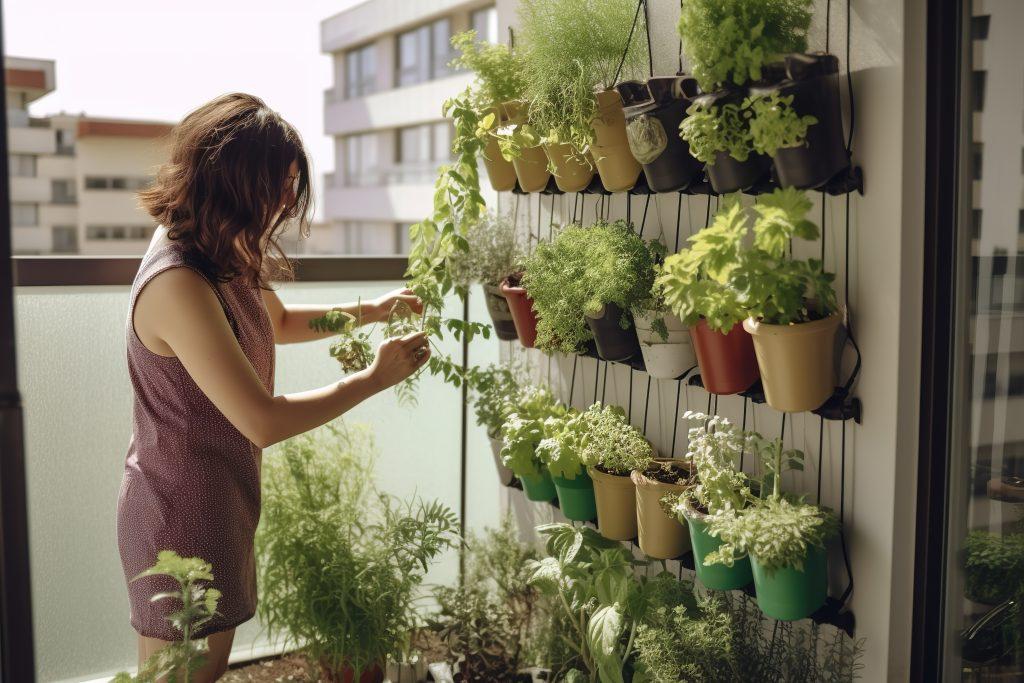
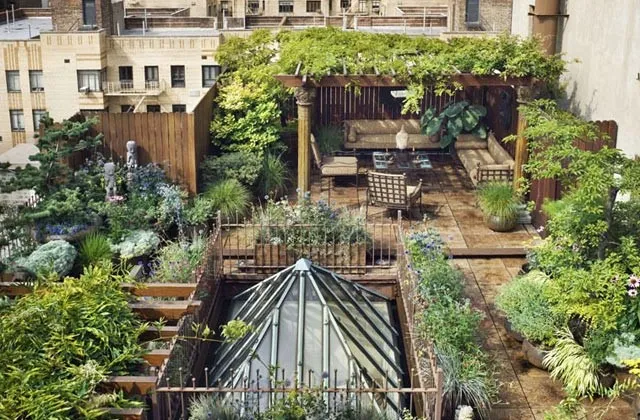
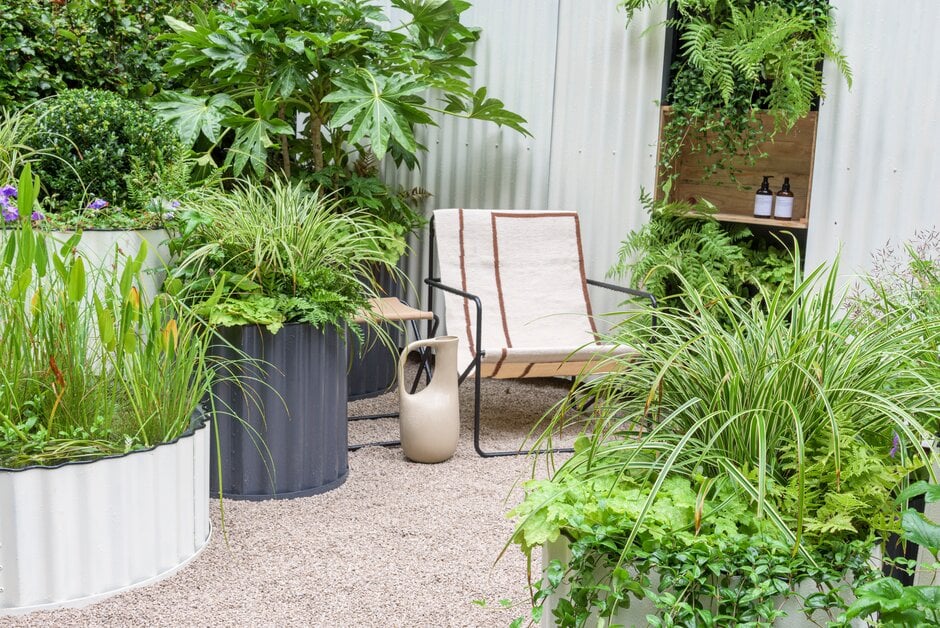
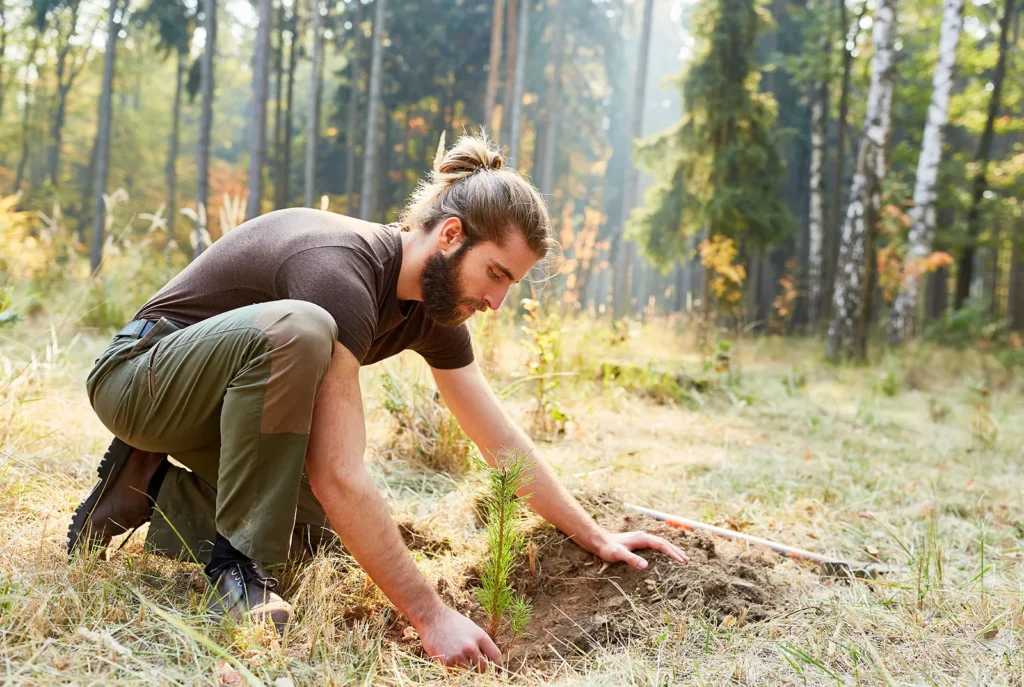
Now is the time to act with solutions to create a healthy & sustainable future. Go Green Today!
Sources: World Environment Day/Friends of the Earth

